Introduction to Pharmacy
Begin with an overview of the healthcare system, foundational medical terminology and anatomy, and basic pharmacology and medication administration. You will learn how to work effectively as a pharmacy technician in a variety of settings, including community pharmacies, hospitals, and long-term care facilities.
Processing and Handling of Medications and Medication Orders
You’ll learn how to process and handle medications in a safe and efficient manner, while maintaining high levels of accuracy and attention to detail. The proper processing and handling of medications is a critical aspect of pharmacy professions. Learning topics will include prescription processing, medication dispensing, medication storage, medication safety, and pharmacy calculations.
Pharmacy Practice
Pharmacy technicians need to have a comprehensive understanding of pharmacy practice and the various responsibilities that come with working in a pharmacy. Some of the things you’ll learn include medication dispensing, pharmacy laws and regulations, medication safety, prescription drug coverage, patient counseling, and record keeping.
Pharmacology Operations, Safety and Management
Pharmacology operations, safety, and management are important topics for pharmacy technicians to understand to ensure that medications are handled and dispensed safely and effectively. You’ll learn about the different classes of drugs and their therapeutic use, drug interactions, preventing medication errors, and how to accurately measure, label, and package medications.
Pharmacology and Medications
You’ll gain a thorough understanding of the pharmacology of medications and the factors that impact their safe and effective use, including drug classifications, drug interactions, indications and contraindications, dosage forms, dosage calculations, administration routes, and adverse reactions and side effects.
Therapeutic Agents in Pharmacology
You’ll learn about the different types of drugs and medications that are used to treat specific diseases and conditions, such as, antibiotics, analgesics, anticoagulants, antidepressants, and antihypertensives. You’ll gain a thorough understanding of the different therapeutic agents used in pharmacology, their therapeutic uses, and potential side effects and interactions.






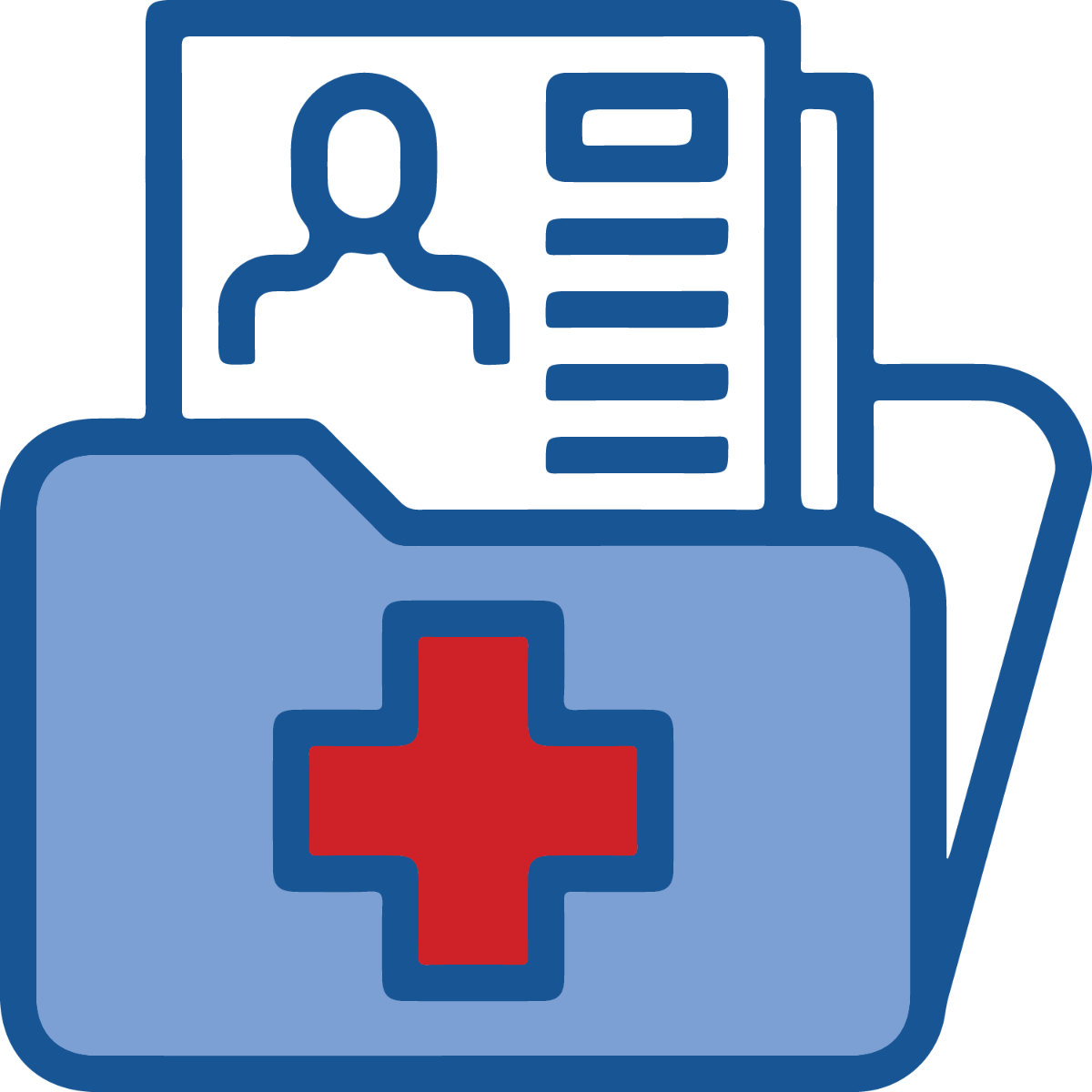
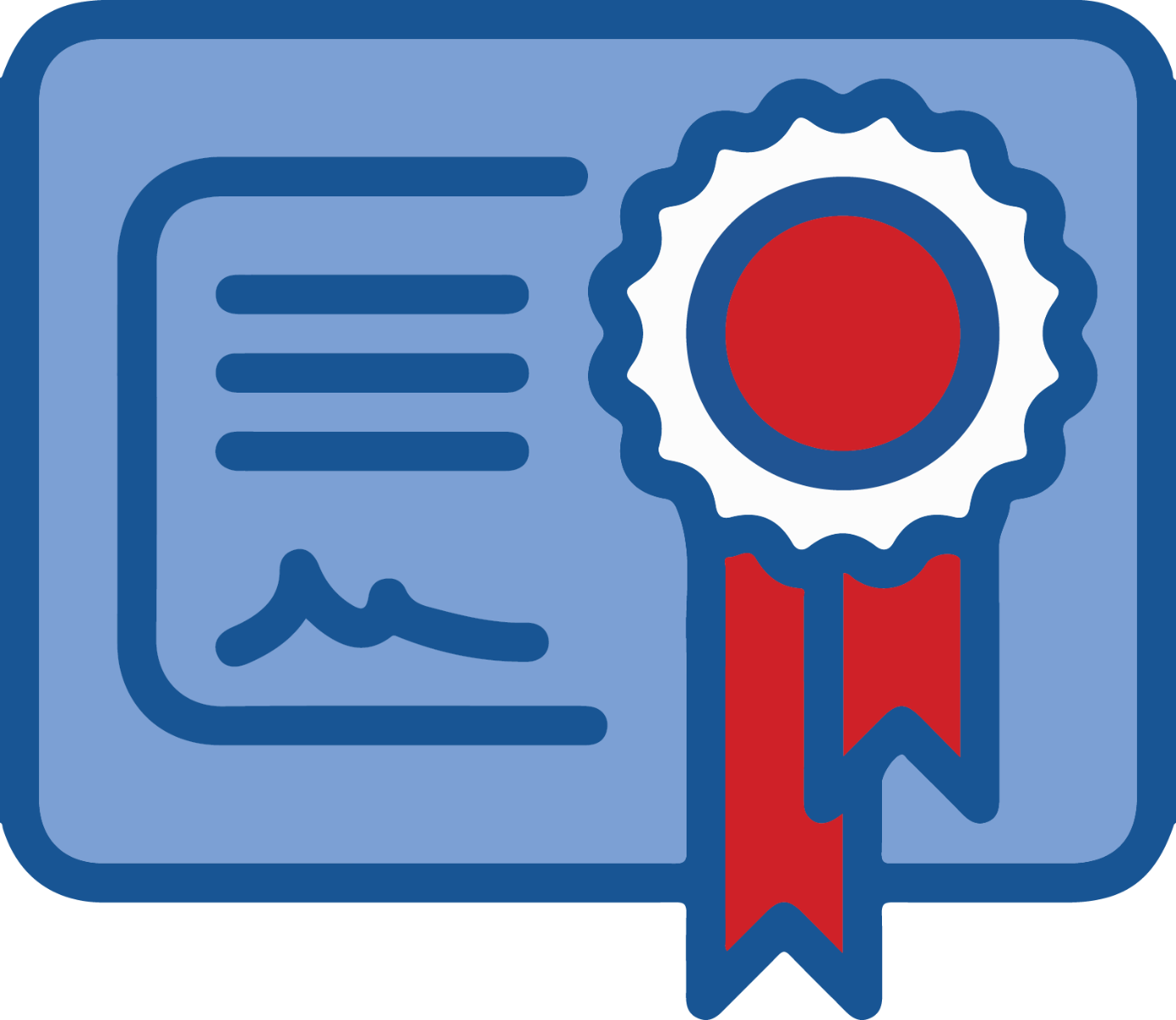
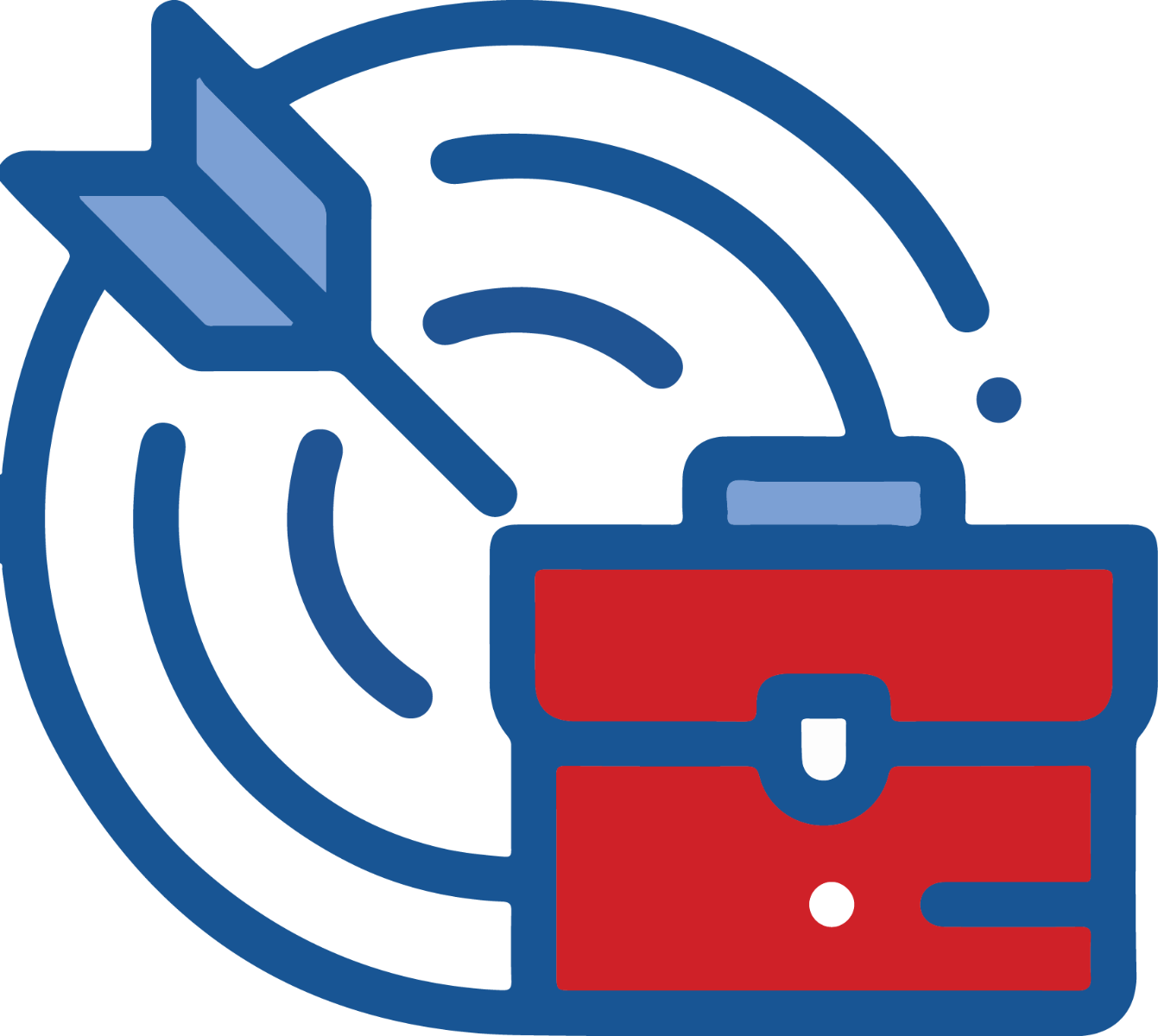
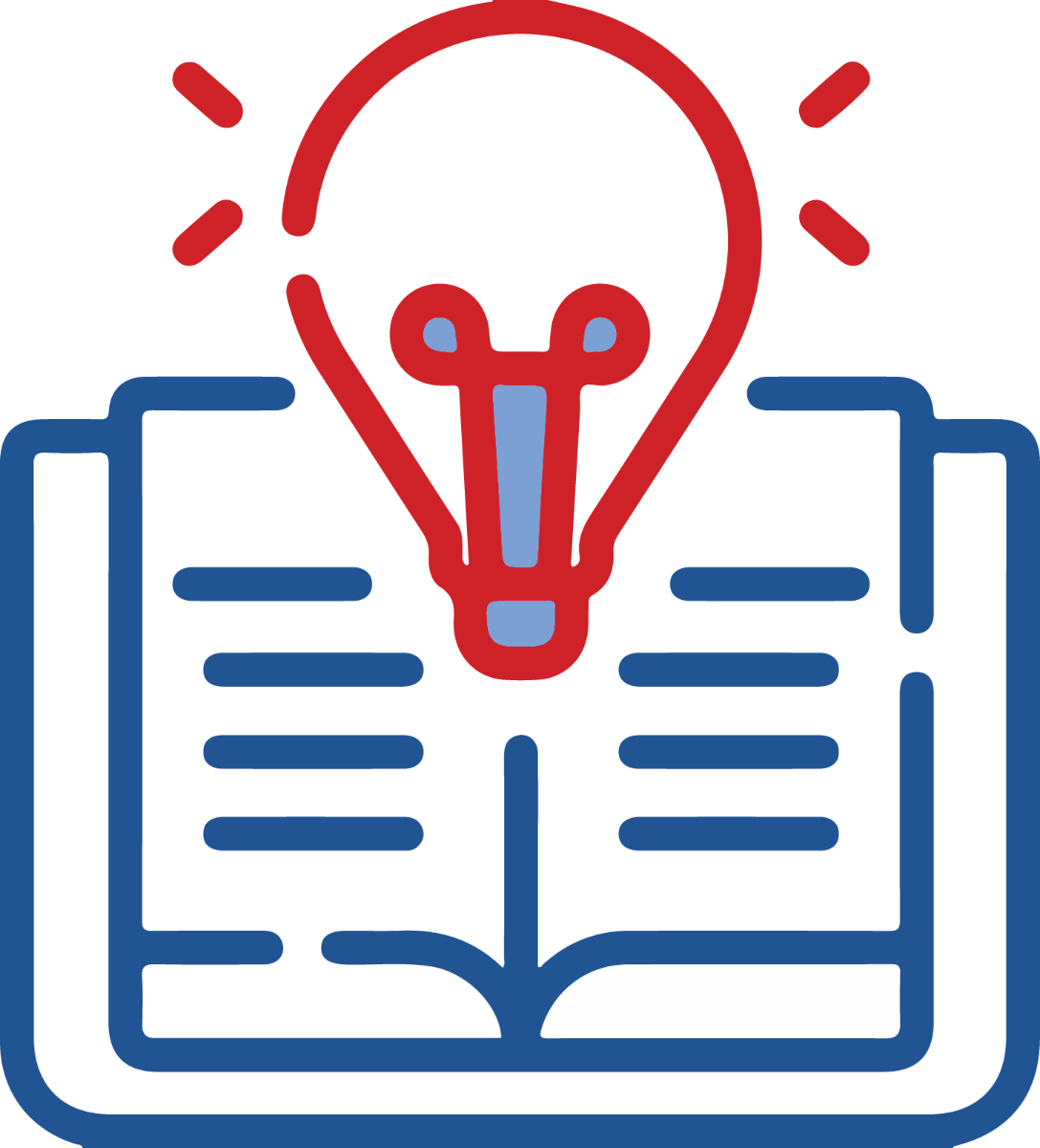
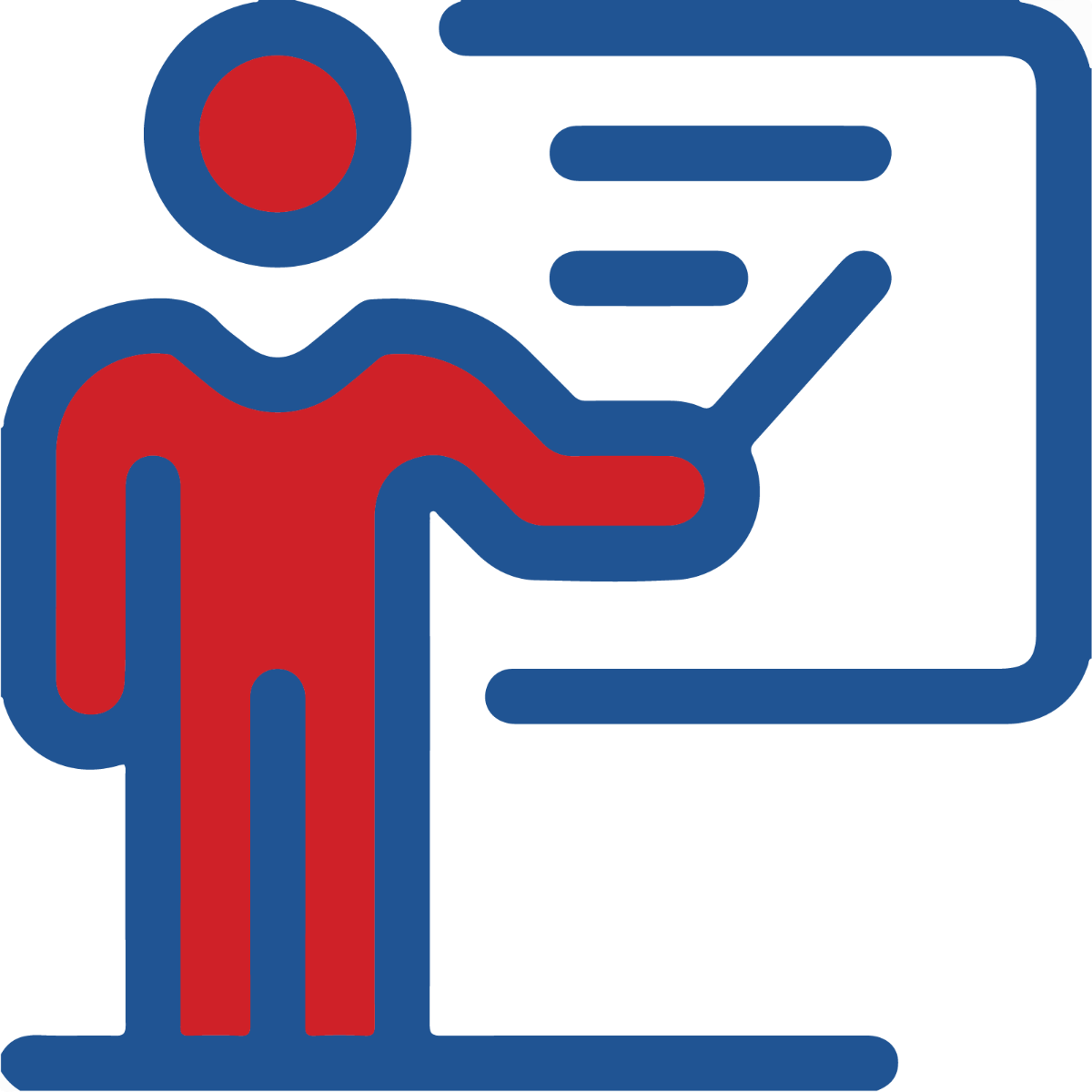





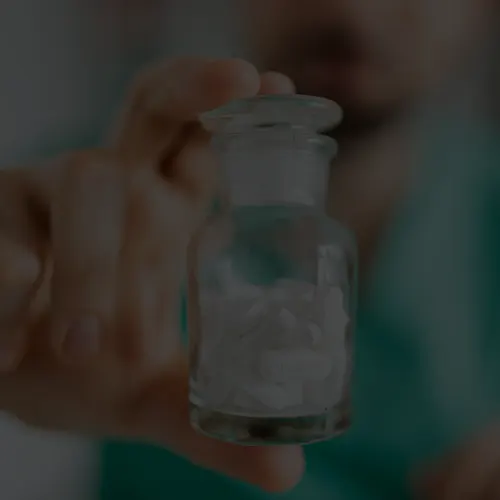


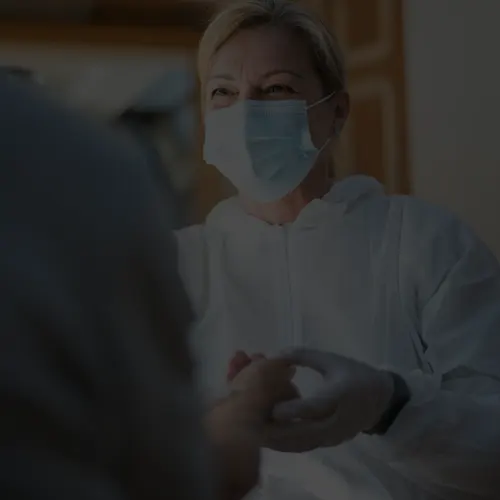
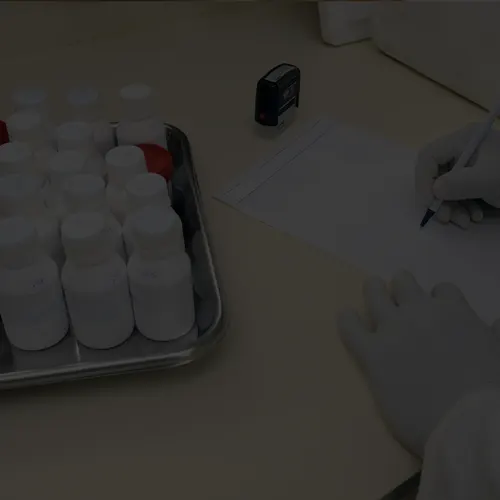


 Chat
Chat